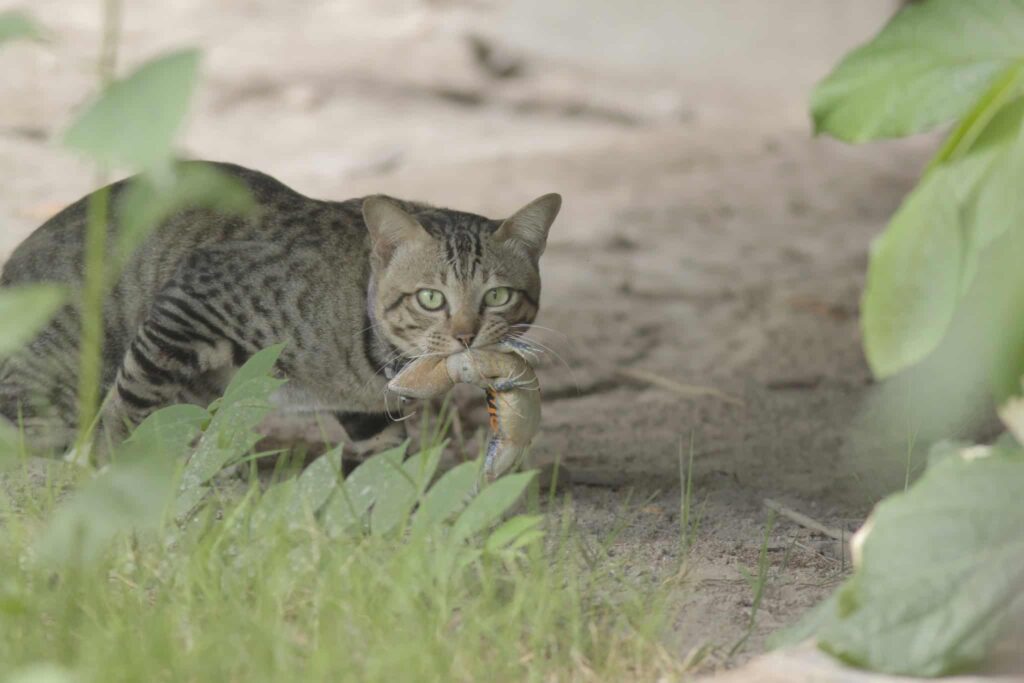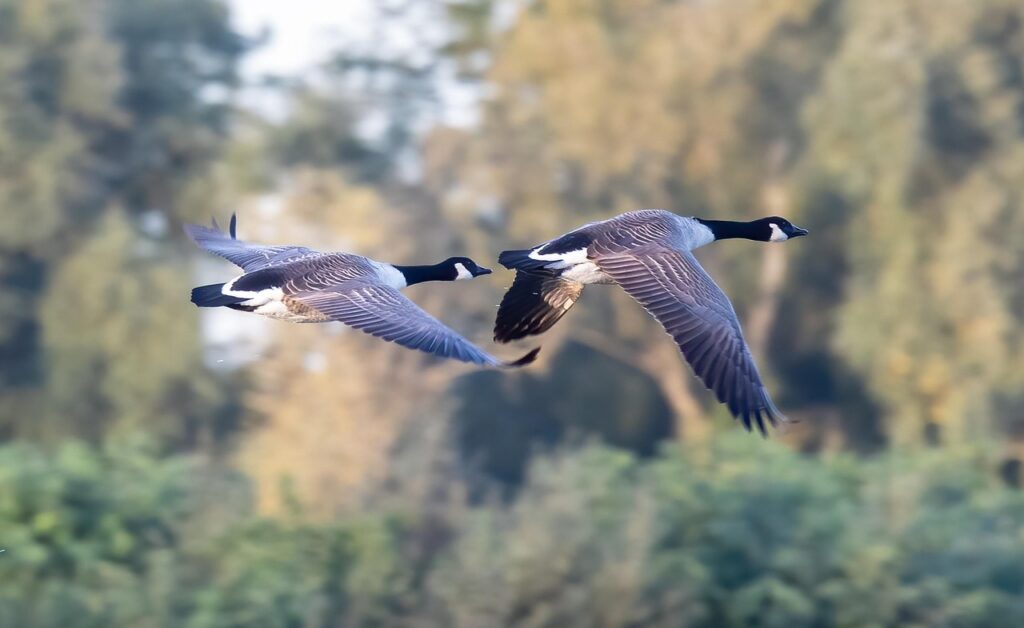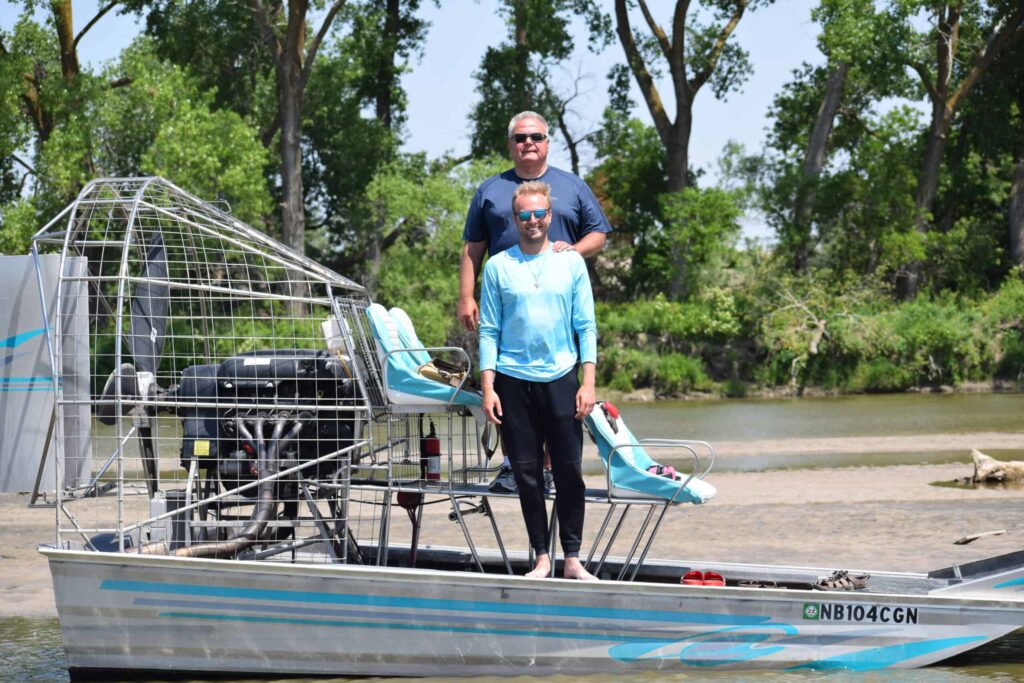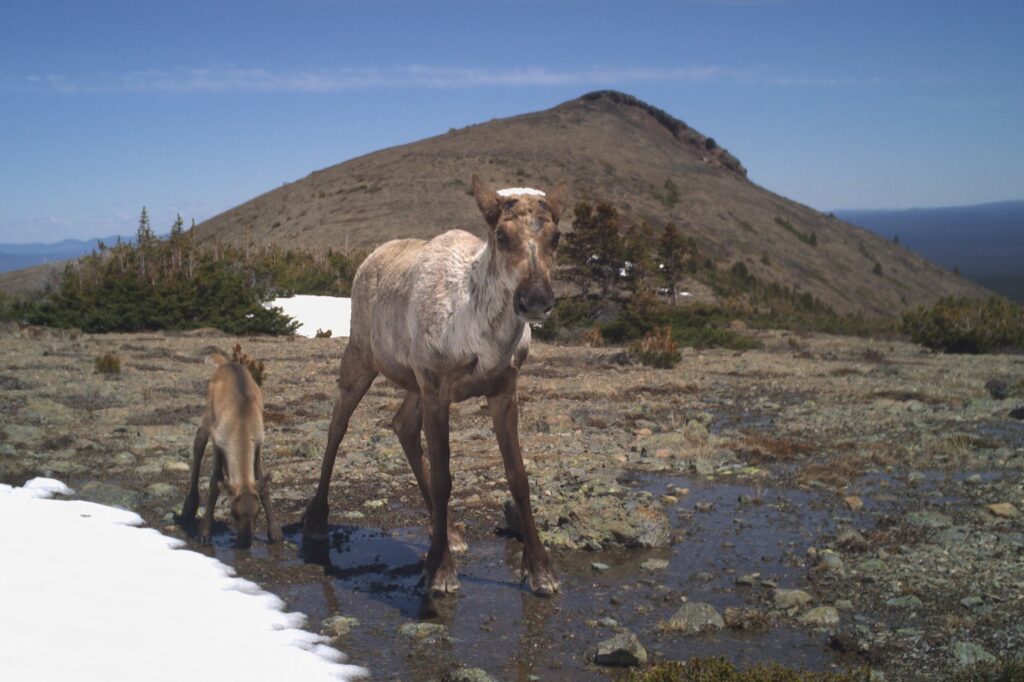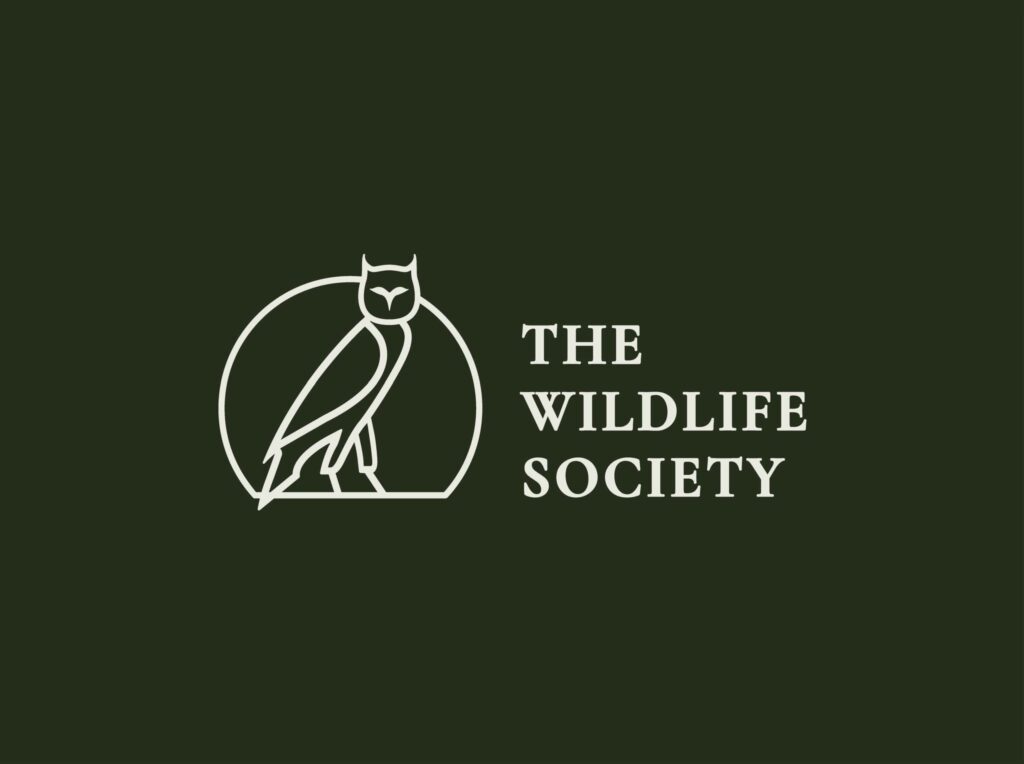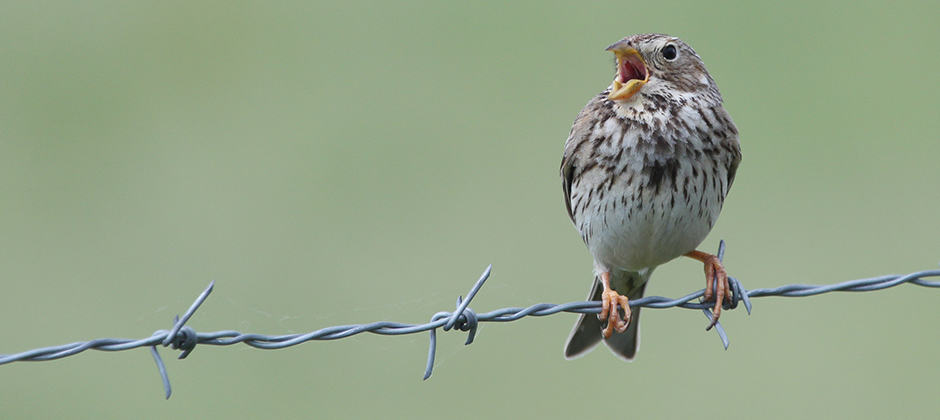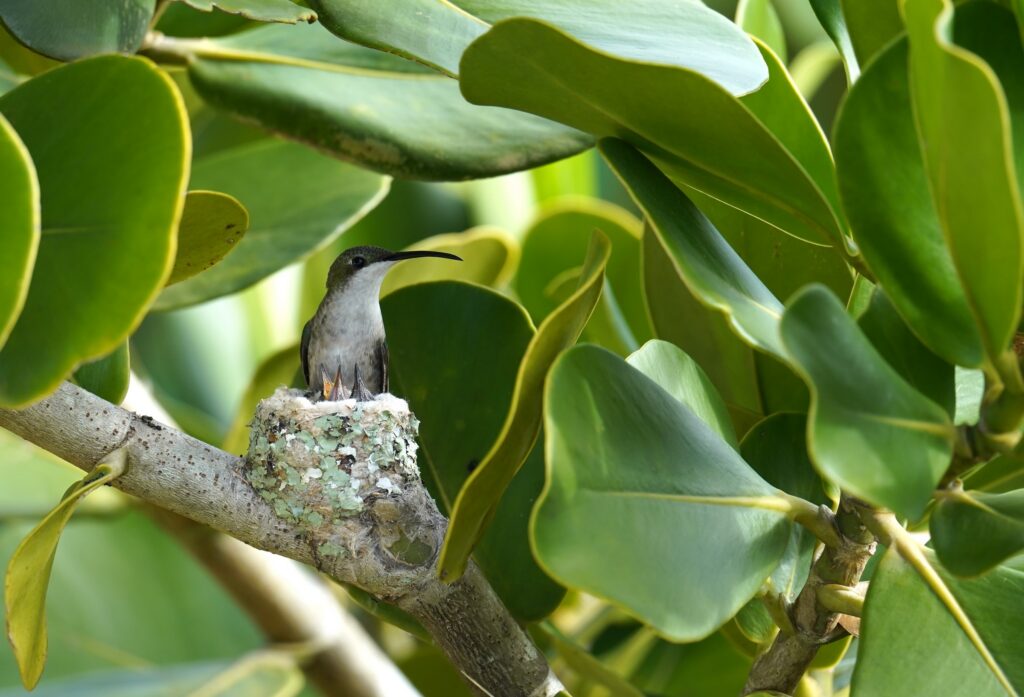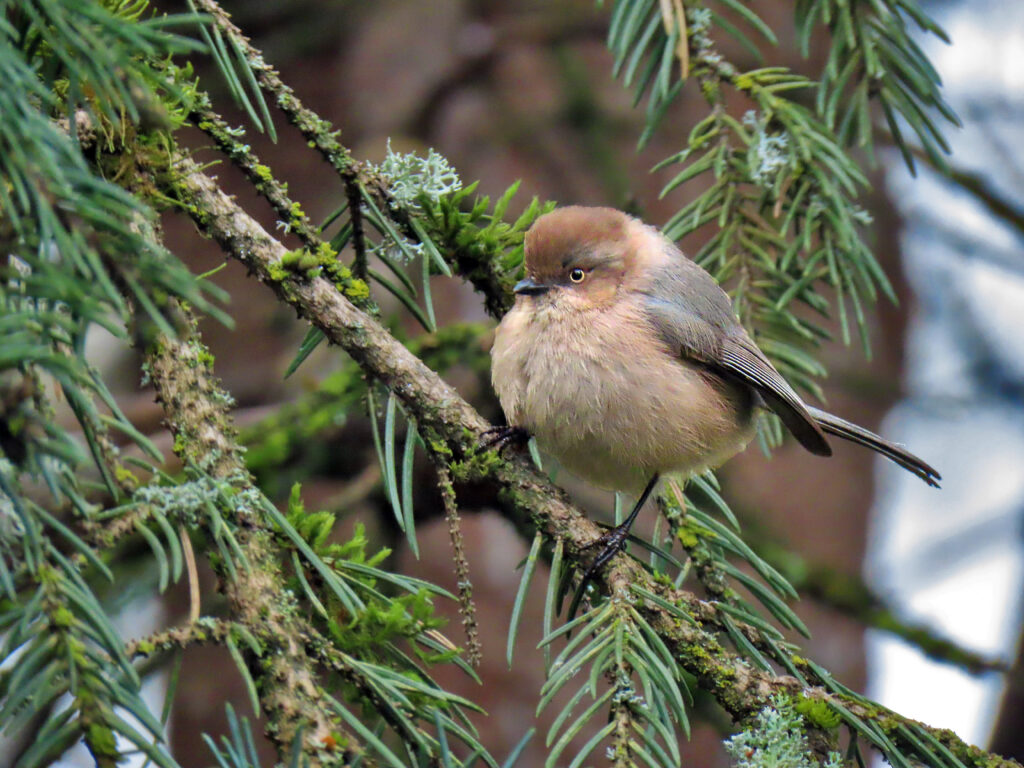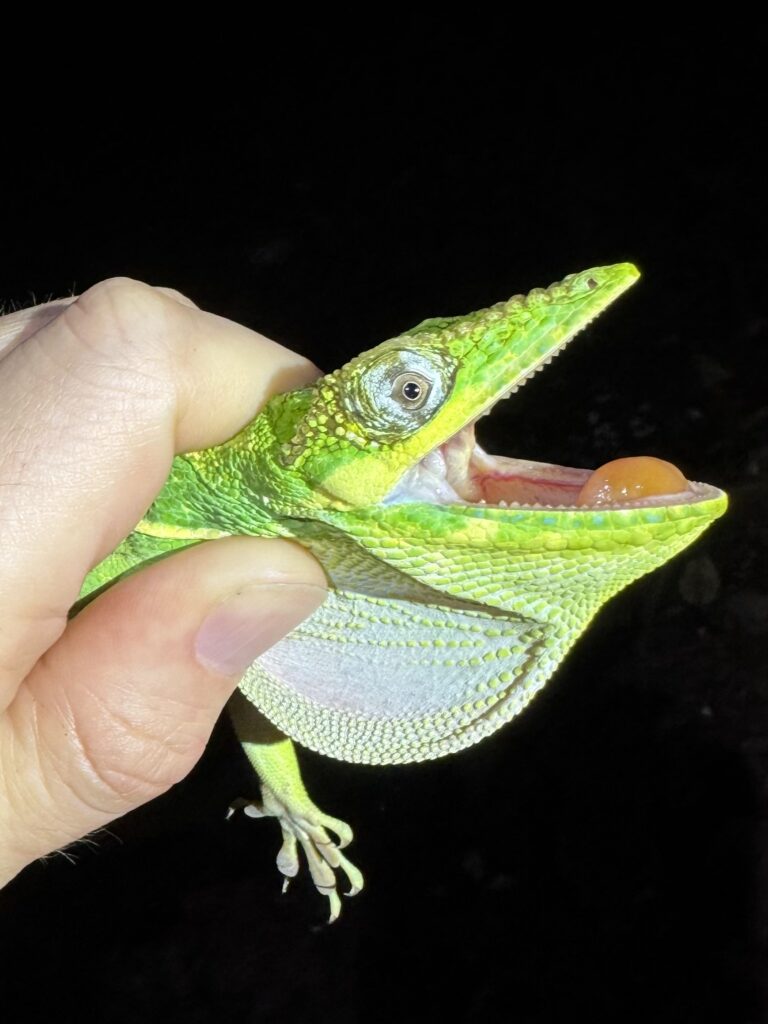About 48% of bird species around the world are facing population declines, according to a new global analysis.
The finding comes after a 2019 study showing nearly 3 billion breeding birds have been lost over the past 30 years in the U.S. and Canada.
“To us, these are our daily numbers, but to others those are shocking numbers,” said Kenneth Rosenberg, a retired applied conservation scientist at the Cornell Lab of Ornithology and an author on the recent study. “One of the purposes of a paper like this is to get people’s attention.”
In the study led by Alexander Lees, a professor in the department of natural sciences at Manchester Metropolitan University, and published in the Annual Review of Environment and Resources, a team of international researchers tapped into the International Union for Conservation of Nature Red List. “They have a global database that ranks the threat levels and the endangerment of every species in the world, not just birds,” Rosenberg said.
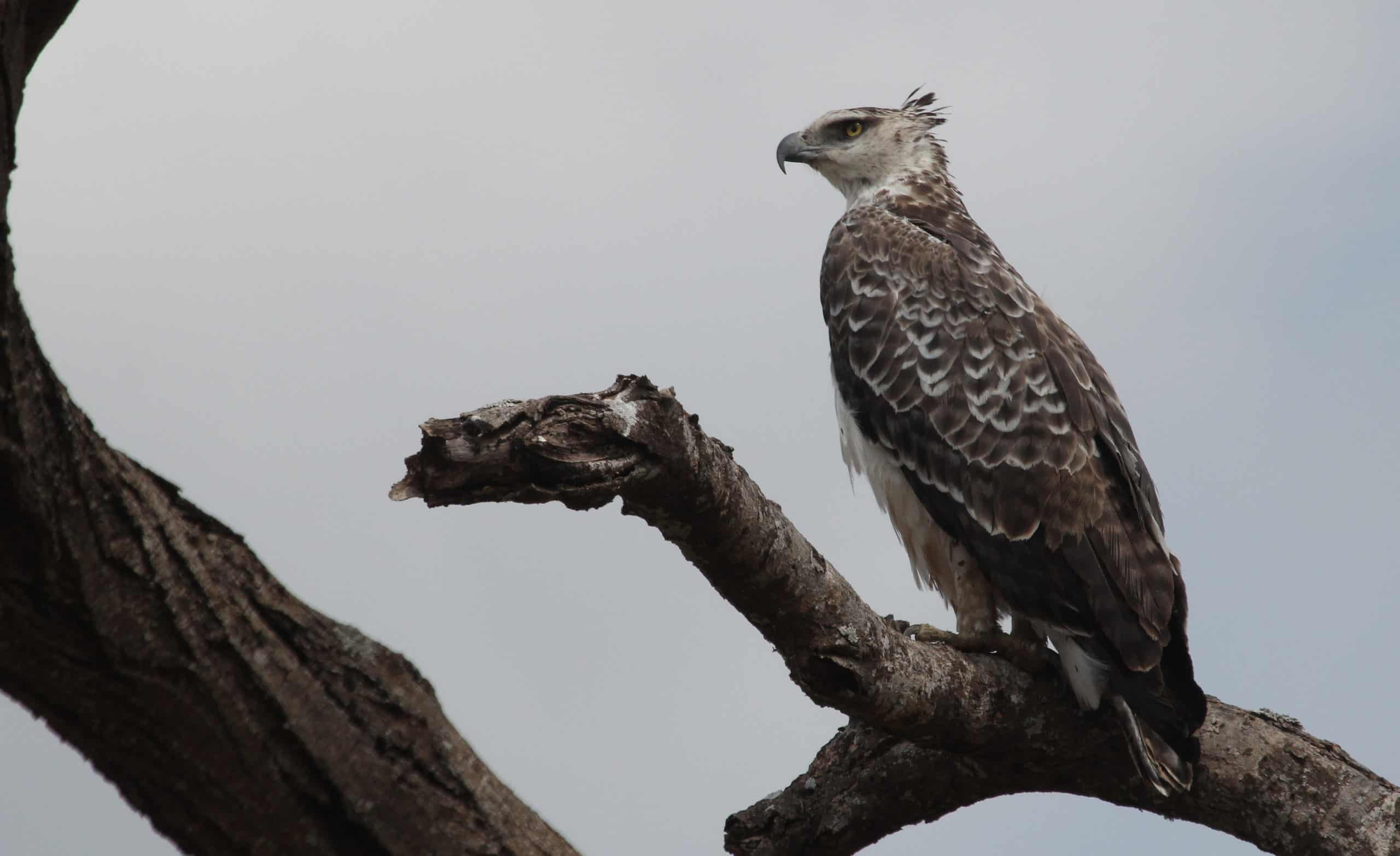
The Red List gets updated periodically, allowing the researchers to look at past classifications for about 11,000 bird species.
The team found that 48% of bird species around the world are either known or suspected to be in decline. Another 39% of have stable populations, 6% are increasing and 7% are unknown.
“It wasn’t shocking,” Rosenberg said. “North America has a long history in conservation and wildlife management, and even with that more than half of all bird species are declining.” In countries with less conservation, he said, it makes sense that declines would be steeper.
The researchers looked at examples of bird declines throughout the world to help uncover some patterns. Studies in Europe showed similar patterns to North America. Losses were more concentrated in tropical regions, where changes in land use can harm bird populations. Climate change had a greater impact in the Arctic, although there are fewer birds there.
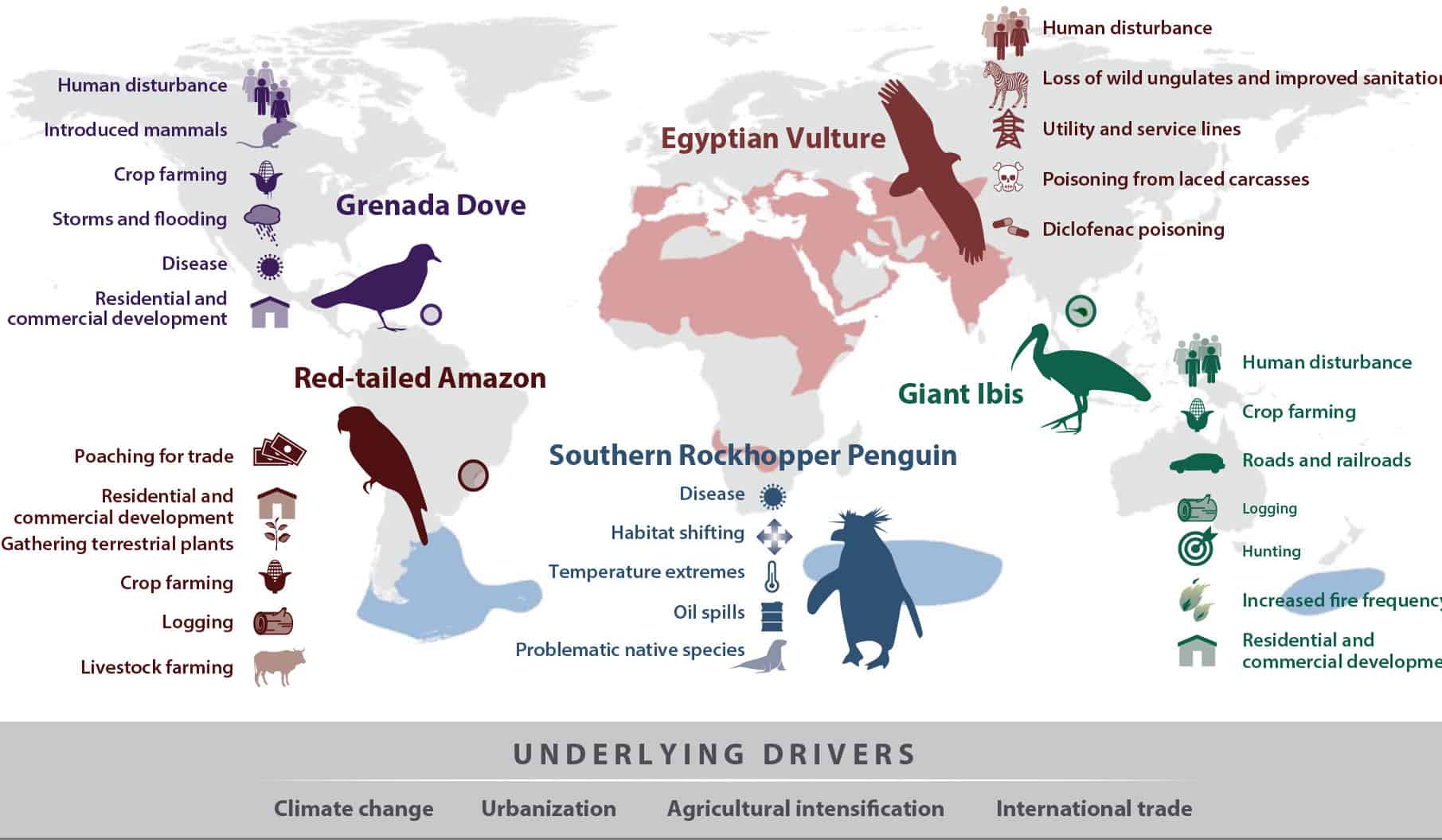
Credit: Data from BirdLife International. Graphic courtesy Lees et. al. Annual Review of Environment and Resources, May 2022
Since hot spots for imperiled birds are well-mapped, conservationists have a good idea where to target their efforts, Rosenberg said. In response to the North American bird study, he and others are working on a new initiative called Road to Recovery intended to help recover birds before they’re listed.
Conservation initiatives have saved birds in the past, Rosenberg said, but science can’t do it on its own. “It’s all about people,” he said. “There’s an increasingly recognized importance of not just working with people as partners but really engaging social science as part of the whole process.”
Article by Dana Kobilinsky